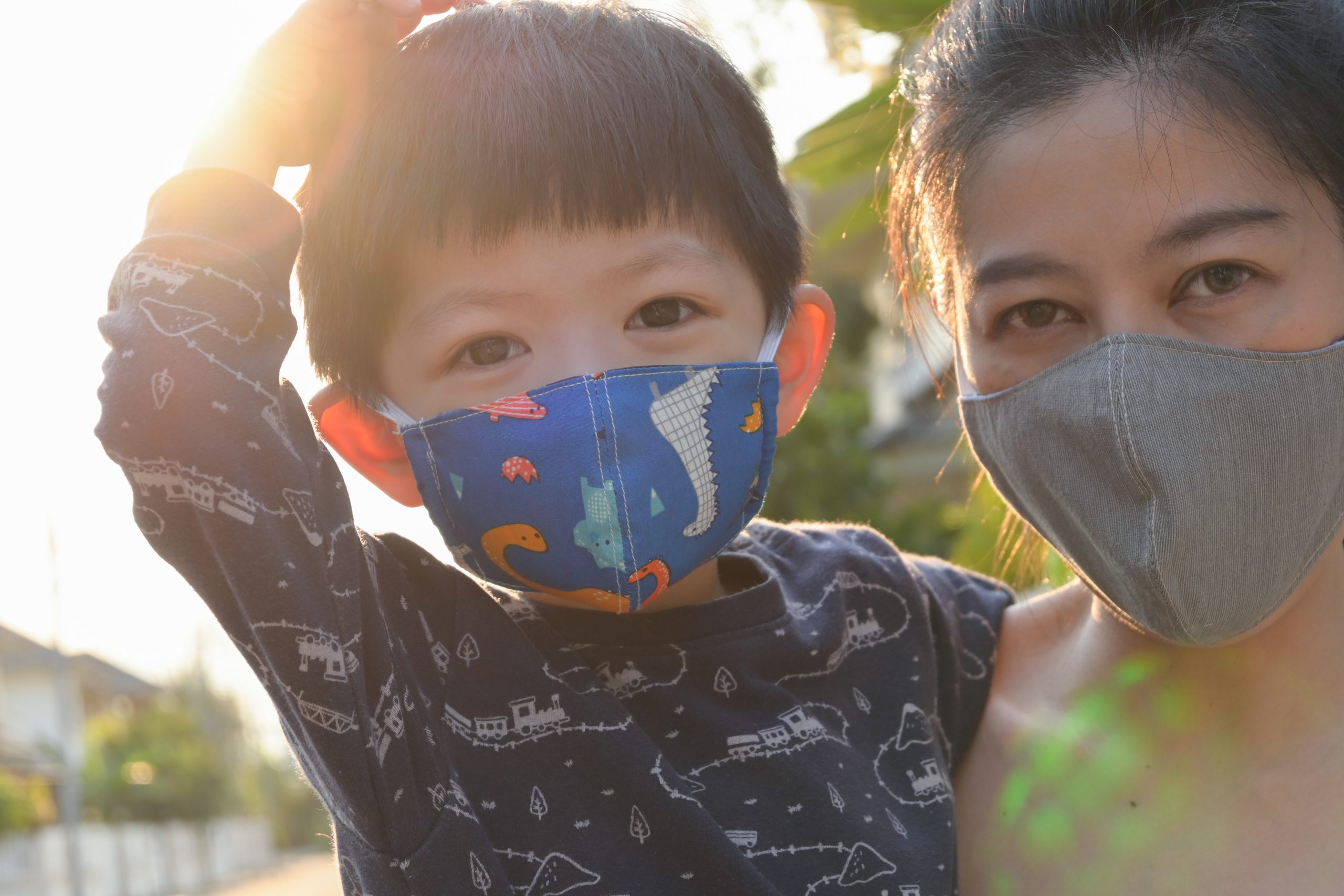How Educators and The Community Can Help Children Suffering from Trauma Related to COVID-19

COVID-19 has been the cause of many big changes for pretty much everyone, but for children, their whole lives revolved around school, which was conducted in a completely new manner for most of the year, bringing with it a lot of changes and a lot of stress. Historically, a student who was suffering from trauma could request to go to the counselors office, but with that not being an option, and summer break meaning even less face time, teachers and community members can still help their students experiencing mental anguish.
What Are Kids Experiencing?
For many youngsters, any major change can result in trauma, and the overnight transition to online education is no exception. Though not quite as extreme as something like a divorce, the frequent face-to-face contact with teachers, coaches, and friends being pulled out from under them can have similar effects, now even more frequent with summer break. Even if the coronavirus hasn’t directly affected someone they know, the constant news stories of death coupled with isolation can result in negative feelings, unwanted thoughts or nightmares, and even elevated anxiousness regarding dangers, all of which can result in long-lasting traumatic effects.
Childhood trauma can cause mental health issues if not treated properly, and needs to be talked about routinely. For some kids, and for a plethora of reasons, parents may not be able to provide the needed consoling, but luckily community members and eager teachers who want to stay connected throughout the summer, can step in and help.
How You Can Help
Be Present
This is a pretty easy one to achieve, but also an easy one to let slip through the cracks, especially now as the school year comes to an end. Teachers are already superheroes, so taking some cues from them can take a little stress of your shoulders. If you have nieces, nephews, neighbors, etc., who you think may be a little down, simply penning a note or an email asking how they are feeling and letting them know you’re there for them is a huge step. For teachers in the summer, or other community folk who have a lot of kid helping in their sights, just changing a few lines to make it more personal is an added bonus. Check in often!
One-on-One Counseling
There are many successful grief counseling techniques that can be learned quickly and shared with the youngsters you know in need. Getting their full spectrum of feelings regarding COVID-19 is a very important first step and can be done simply by listening and encouraging more. Children, even more so than adults, are often scared that their independent thoughts are wrong, so they do not share them. Do your best to encourage speaking about those thoughts. Encouraging a routine is also a good way to help their minds stop straying to the negative. Wearing the same clothes they would wear to school, eating a similar lunch, taking a recess jog, and even “hanging out” with friends via Zoom or something similar are all ways to create a routine that will ease the mind, even though it will certainly be different than what they were used to in the class rooms of old, and even different from the telelearning that was just becoming familiar as the school year ended.
Provide Options for Further Counseling
Most teachers are becoming very familiar with the plethora of online tools to use as catalysts for education, but there are also many online resources that can help traumatized students, and a lot of them are free. Talkspace, Heal, TeenCounseling, and Doctor on Demand are just a few, but be sure to do a little searching. If you are a teacher or otherwise involved in the education sector, also ask your school if they provide any financial assistance for outsourced counseling services.
Repeat as Needed
There are always going to be some extreme cases that are simply beyond a helping hand’s abilities as far as counseling goes, but for the majority of young people: they are in need and you can be their helper. Childhood trauma can lead to physical abuse, community violence, anger, eating disorders, depression, and about 100 other things depending on the severity of the situation, but simply being there when no one else is can and will prevent these things. Just as in the online classroom, there are plenty of willing resources who want to help you help your students, so don’t be afraid to ask.
Sign up for updates!
Gifts to EndCAN, a 501(c)(3) organization (EIN # 82-3752131), are deductible to extent provided by law.
info@endcan.org | PO Box 102428, Denver, CO 80250
